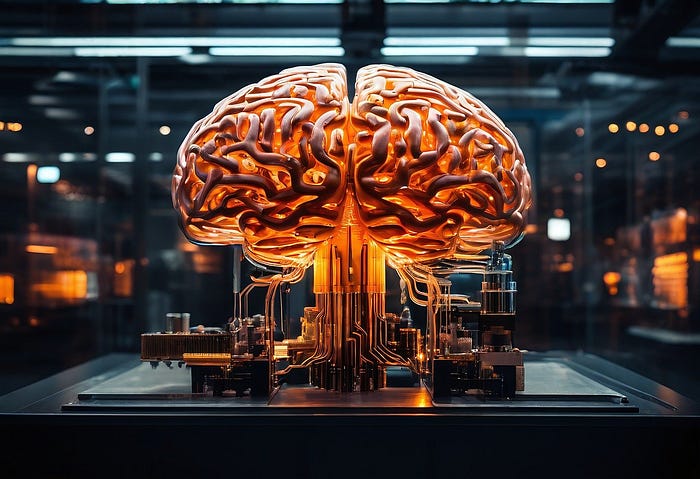
How Far Technology Will Be in 2050: A Vision of the Future
Introduction
As we navigate the rapid pace of technological advancement, it’s fascinating to ponder where we’ll be by 2050. Emerging technologies promise to reshape our lives, transform industries, and address some of the most pressing challenges facing humanity. This article explores key areas where technology is likely to progress, imagining a future filled with possibilities.
1. Artificial Intelligence: Beyond Automation
Intelligent Systems
By 2050, artificial intelligence (AI) will have advanced far beyond simple automation. We will see highly intelligent systems capable of reasoning, understanding context, and making complex decisions. AI will serve as personal advisors in various domains, from healthcare to finance, enhancing our ability to make informed choices.
Emotional Intelligence
AI systems will likely possess emotional intelligence, enabling them to understand and respond to human emotions effectively. This could lead to AI companions that provide support, companionship, and even mental health assistance, helping to combat loneliness and improve overall well-being.
2. Transportation: A New Era of Mobility
Autonomous Vehicles
The year 2050 will see a significant prevalence of autonomous vehicles on our roads. Self-driving cars, trucks, and drones will revolutionize transportation, improving safety and efficiency. Traffic congestion will be reduced as AI manages traffic flow and optimizes routes in real time.
Hyperloop and Beyond
Innovative transportation solutions like the Hyperloop may become a reality, allowing passengers to travel between cities at unprecedented speeds. These developments will not only make travel more efficient but also encourage economic growth and connectivity.
3. Health and Biotechnology: Personalized Medicine
Genomics and Personalized Treatments
Advancements in genomics will enable highly personalized medical treatments by 2050. Doctors will tailor therapies based on individual genetic profiles, improving treatment efficacy and minimizing side effects. Routine genome sequencing may become commonplace, allowing for proactive healthcare management.
Regenerative Medicine
Biotechnology will revolutionize how we approach healing and recovery. Techniques like tissue engineering and stem cell therapy could enable the regeneration of damaged organs, drastically changing the landscape of transplant medicine and chronic disease management.
4. Energy: Sustainable Solutions
Renewable Energy Sources
By 2050, renewable energy sources such as solar, wind, and hydroelectric power will dominate the global energy landscape. Technological advancements will enhance energy efficiency and storage solutions, making renewable energy more reliable and accessible.
Smart Grids and Energy Management
Smart grids will integrate renewable energy sources, allowing for real-time management of electricity supply and demand. Households will harness energy more efficiently, with systems that dynamically adjust usage based on consumption patterns and energy availability.
5. Communication: The Next Level of Connectivity
6G and Beyond
The future of communication will be defined by ultra-fast, low-latency networks, such as 6G. This technology will support advanced applications like holographic communication and immersive virtual reality experiences, connecting people and ideas in ways we can only imagine today.
Global Connectivity
By 2050, satellite networks and advanced infrastructure will ensure global internet access, bridging the digital divide. This will empower underserved communities, fostering economic growth and educational opportunities around the world.
6. Work and Society: Redefining Employment
The Future of Work
The workplace of 2050 will be shaped by AI and automation, transforming job roles and the nature of work. While some jobs may become obsolete, new opportunities will arise in fields like AI ethics, biotechnology, and renewable energy.
Lifelong Learning
To adapt to these changes, lifelong learning will become essential. Education systems will evolve, emphasizing skills like critical thinking, creativity, and emotional intelligence, preparing individuals for a rapidly changing job market.
Conclusion
The technological landscape of 2050 promises a future filled with remarkable innovations that have the potential to enhance our lives and address global challenges. While these advancements hold incredible promise, they also necessitate careful consideration of ethical implications and societal impacts. By embracing innovation responsibly, we can create a future that is not only technologically advanced but also equitable and sustainable.
